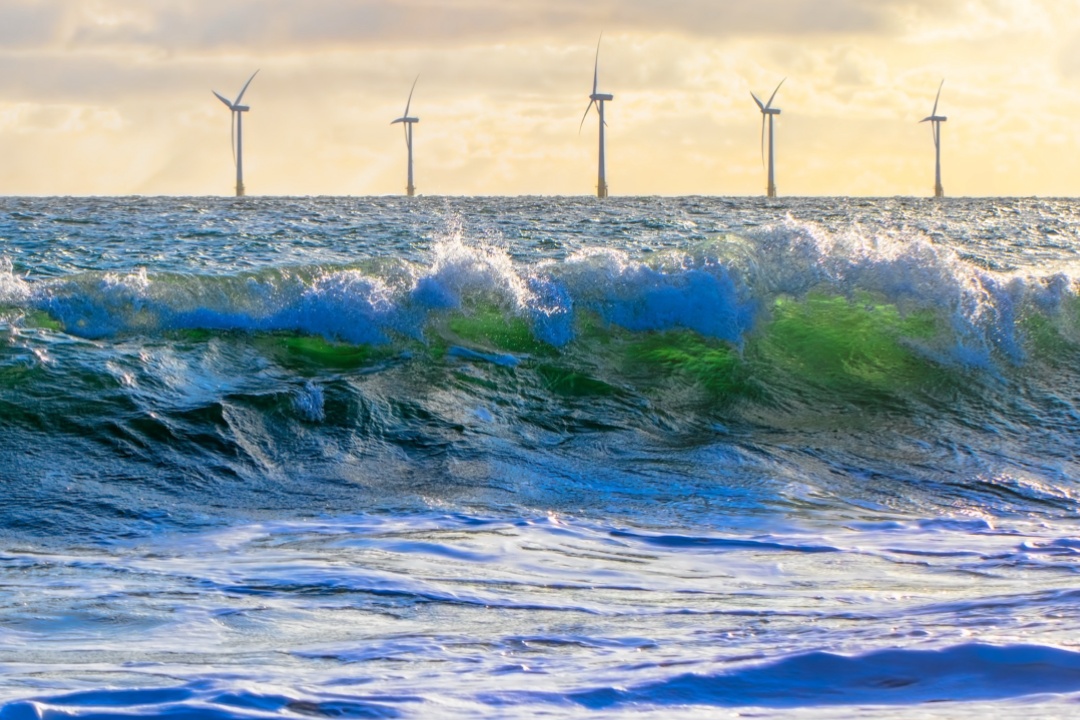
Although awareness of climate change is growing, many still fail to grasp the urgency of addressing its most pressing challenges.
Our planet and communities are increasingly impacted by climate-driven disruptions, geopolitical instability, and the critical need for a more sustainable and resilient electric power system.
As global electricity demand is projected to surge by over 50% in the next two decades, energy systems must navigate complex challenges such as energy security, grid resilience, and reliability in the face of extreme weather events, cybersecurity risks, and political instability.
Electricity is fundamental to modern life—vital for prosperity, health, and safety. As the backbone of civilization, the future electric power system must meet the needs of a growing global population, the current global population of 8 billion, while ensuring equitable access to power for the 760 million people still living without electricity. Beyond this, the system must adapt to integrate diverse, sustainable energy sources while maintaining or improving reliability, affordability, and environmental responsibility. Ensuring reliable electricity for underserved regions is essential for fostering economic growth, security, and improved quality of life.
In parallel, the energy sector must accelerate decarbonization efforts through the ongoing energy transition, which is vital to keeping pace with the increasing demand for electrification. This requires leveraging existing low-carbon technologies to reduce emissions in the near term, while advancing breakthrough innovations that can achieve the long-term goal of net-zero emissions.
Electrification is a cornerstone of this transition, offering a pathway to reduce carbon emissions on a global scale by shifting from fossil fuels to electric alternatives powered by clean energy sources.
To support economic growth, improve access to underserved populations, power critical infrastructure like data centers and artificial intelligence, and electrify key sectors such as transportation, industry, and heating, the power industry must prioritize substantial CO2 reductions. This requires a careful balance of short-term actions—such as deploying renewable energy sources like wind and solar—and long-term innovations, including hydrogen production, carbon capture, and energy storage technologies like batteries and pumped storage. Grid modernization and expansion are equally essential to enable the integration of these new energy sources.
Additionally, new energy generation should aim to avoid carbon emissions when compared to traditional fossil-fuel-based alternatives. This means that new power plants must be designed not only to reduce emissions today but also to be adaptable for near-zero emissions in the future, ensuring they can be upgraded as new technologies emerge.
The task ahead is monumental. Achieving these three goals—lower carbon intensity, avoided emissions, and future-proofing for net-zero readiness—will be critical in making meaningful progress on climate change. Organizations can make immediate advances by addressing these challenges while setting the stage for long-term success in global decarbonization efforts.
The road to deep decarbonization will rely heavily on technological advancements that are still being developed or have not yet been deployed at scale.
Public-private partnerships will be essential in ensuring that technology, infrastructure, and policy are aligned to support the adoption of these breakthrough innovations.
Only through global collaboration, innovation, and concerted action can we address the immense challenge ahead and create a sustainable future for generations to come.

I’ve spent the past 18+ years helping ports, supply chains, and global businesses turn sustainability goals into real, measurable results.
From leading billion-dollar infrastructure projects to building my own consulting firm, I’ve seen how the right strategy can turn pressure into opportunity.
My mission today is simple: help leaders like you build sustainable, future-ready businesses that don’t just check boxes—but actually make an impact. One decision, one project, one team at a time.
Let’s build what’s next—together.
Have a project or idea in mind?
I’d love to hear what you’re working on.
Book a quick call here